
Here's why you can test negative for Covid-19 but still be infected and contagious
- 2020-11-04
- 3609
If you think a negative test result means you don't have coronavirus, you could be wrong -- it can take days before a new infection shows up on a Covid-19 test. It is possible to be harboring the virus, but be testing negative and have no symptoms in the early stages of infection.
So if you want to get tested as a precaution before seeing friends or family, here's what you need to know:
If I got infected yesterday, would a test today pick that up?
Probably not. A study in the medical journal Annals of Internal Medicine examined false-negative test results of people who actually had Covid-19. The study estimated that during four days of infection before symptoms typically started, the probability of getting an incorrect/negative test result on Day 1 was 100%.
On the day people started showing symptoms, the average false-negative rate had dropped to 38%, according to the study. Three days after symptoms started, the false-negative rate dropped to 20%.
"The virus just takes time to replicate in the body to detectable levels," said Justin Lessler, a senior author of the study and associate professor of epidemiology at the Johns Hopkins Bloomberg School of Public Health, in an email.
Could I be contagious while testing negative?
Absolutely. "People sort of feel like if you test (negative), you're out of the woods. And you're kind of not," said Dr. Rochelle Walensky, chief of the infectious diseases division at Massachusetts General Hospital.
For people who get sick with Covid-19, symptoms can take up to two weeks to appear, but the average time is about five days, Walensky said.
"It's generally thought that you're most infectious the two days before that day and the two days after that," she added.
Do different kinds of Covid-19 tests matter?
There are two main types of diagnostic tests that detect active coronavirus infections:
Molecular tests, such as PCR tests, look for the virus' genetic material. Most of these tests are performed with nasal swabs or throat swabs, though some can be done using saliva, the US Food and Drug Administration says. This test is typically "highly accurate" and does not need to be repeated, according to the FDA.
Antigen tests, often known as rapid tests (though some molecular tests are rapid, too), look for specific proteins on the surface of the virus rather than the virus' genetic material. The good news is you can get antigen test results in less than an hour. The bad news is you're more likely to get a false negative with a rapid antigen test.
So what should I do if I want to see friends or relatives?
If you insist on seeing loved ones for the holidays, self-isolating for 14 days beforehand is probably your safest bet, Walensky said.
"A 14-day quarantine -- with a real quarantine -- if you do that properly, you don't need a test," she said, adding that isolating properly means you cannot run errands or go to the grocery store. "That's probably the cleanest way to do it."
Adding a coronavirus test to your list of precautions "is a helpful thing, but only if it's done properly," Walensky said. "And if you don't know exactly when or how to use it, then you very well could be setting yourself up for a false sense of security."
Wear a mask is very useful and important while stay in public.
-
 2022-04-26Are air purifiers environmentally friendly ?
2022-04-26Are air purifiers environmentally friendly ? -
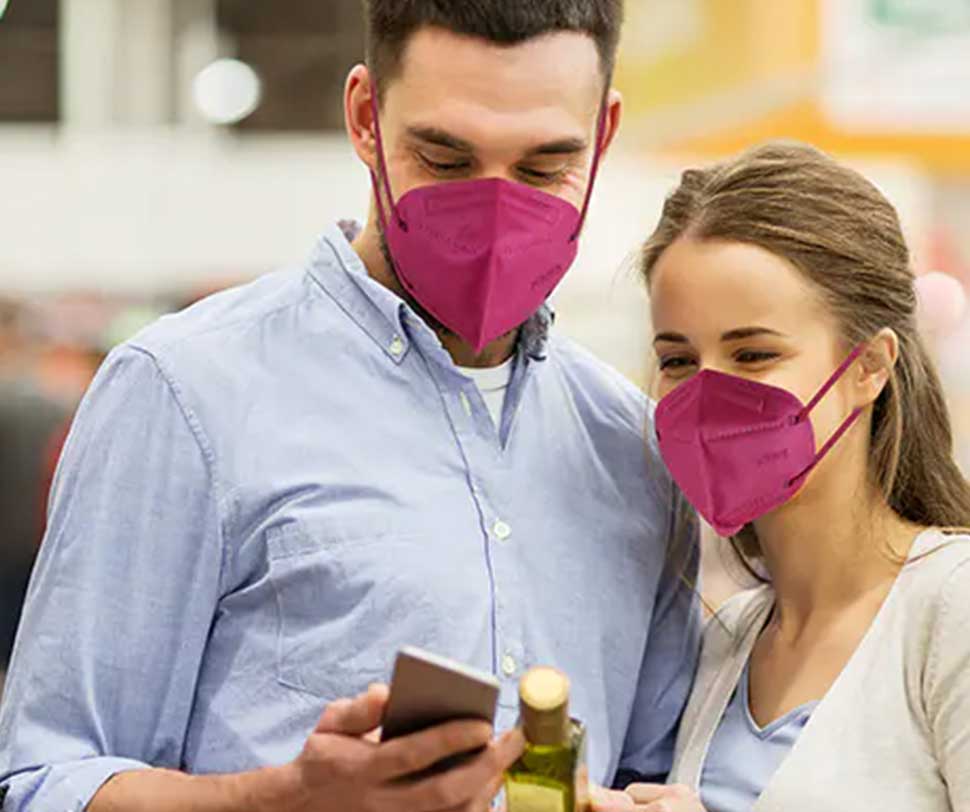 2022-04-26The importance of wearing a mask correctly
2022-04-26The importance of wearing a mask correctly -
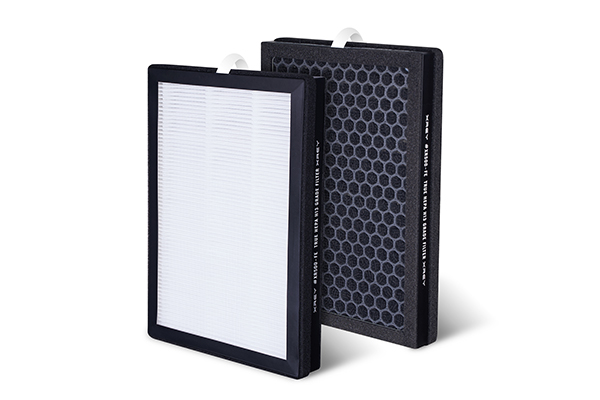 2022-04-27Connexions Air H13 True HEPA Filters
2022-04-27Connexions Air H13 True HEPA Filters -
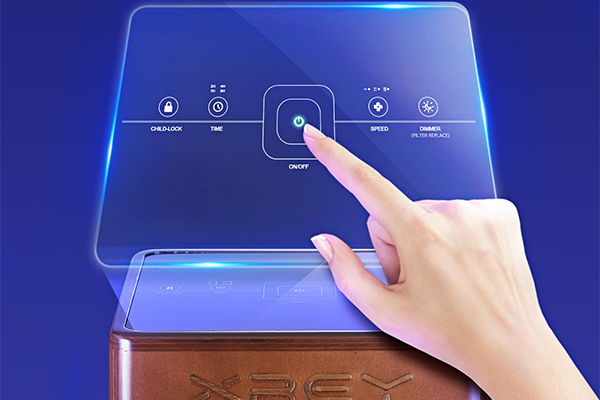 2022-04-29What is the use of anion function of air purifier?
2022-04-29What is the use of anion function of air purifier? -
 2022-05-08Standardize the wearing of masks, children should not be missed!
2022-05-08Standardize the wearing of masks, children should not be missed! -
 2022-05-16Hazy days, air purifiers are useful?
2022-05-16Hazy days, air purifiers are useful? -
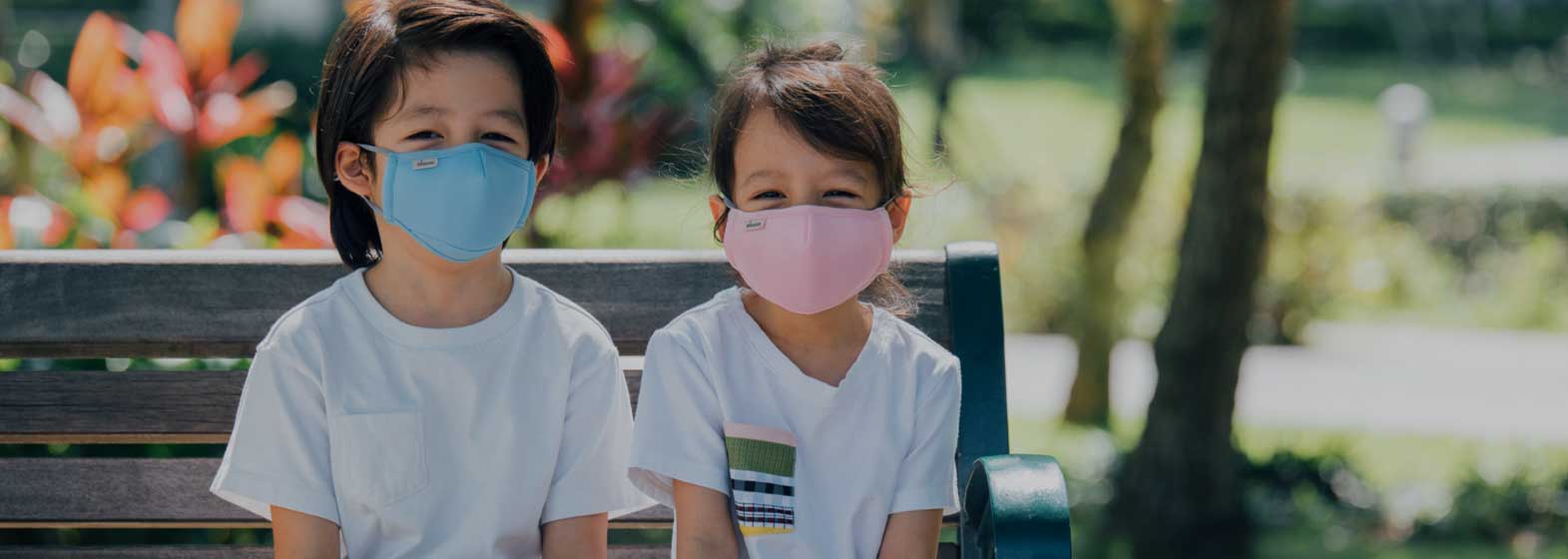 2022-05-16Attention everyone! Don't buy fake FFP2 masks! How do we identify?
2022-05-16Attention everyone! Don't buy fake FFP2 masks! How do we identify? -
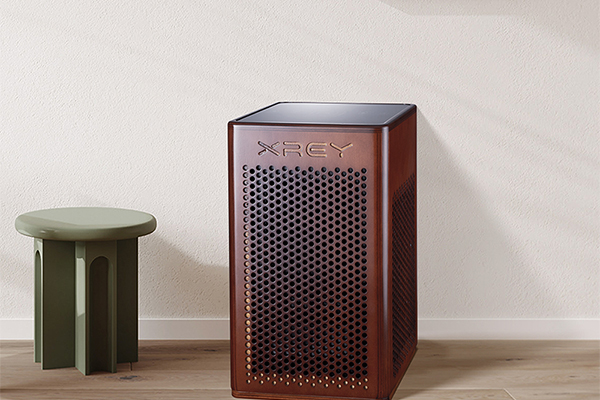 2022-05-17Pay attention to secondary pollution when using air purifiers
2022-05-17Pay attention to secondary pollution when using air purifiers -
 2022-05-17TOP5 pollutants that the purifier can purify
2022-05-17TOP5 pollutants that the purifier can purify
-
 2020-06-02Why do Face Masks Matter With This Coronavirus
2020-06-02Why do Face Masks Matter With This Coronavirus -
 2020-06-02How to Wear Mask
2020-06-02How to Wear Mask -
 2020-06-02Three Principles of Choice of Masks
2020-06-02Three Principles of Choice of Masks -
 2020-06-022020 Situation of Mask Market
2020-06-022020 Situation of Mask Market -
 2020-06-17What other preventative measures can you take to protect yourself from airborne substances?
2020-06-17What other preventative measures can you take to protect yourself from airborne substances? -
 2020-06-08The Advantage of Disposable Face Masks
2020-06-08The Advantage of Disposable Face Masks -
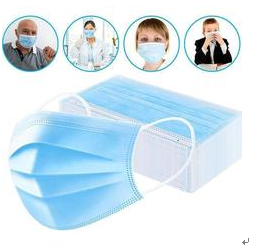 2020-06-093 Ply Disposable Face Mask & Soft & Comfortable Ear Loop
2020-06-093 Ply Disposable Face Mask & Soft & Comfortable Ear Loop -
 2020-06-17What are the regulations for surgical face masks?
2020-06-17What are the regulations for surgical face masks? -
 2020-06-09Do I need to wear a face mask if I am quarantined?
2020-06-09Do I need to wear a face mask if I am quarantined?
CONTACT US


Connexions Technology (Dongguan) Ltd.
We are always providing our customers with reliable products and considerate services.
If you would like to keep touch with us directly, please go to contact us
